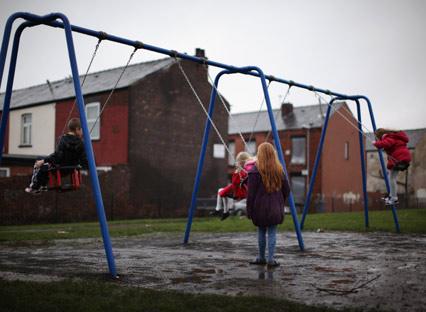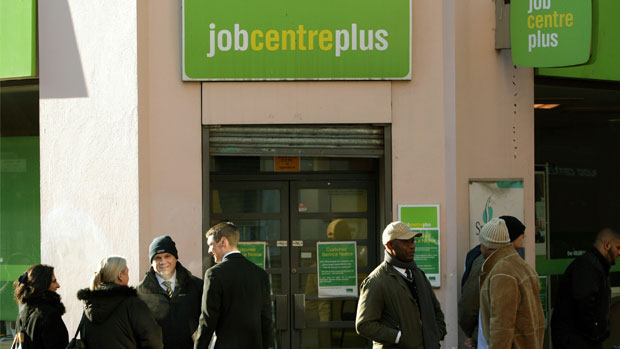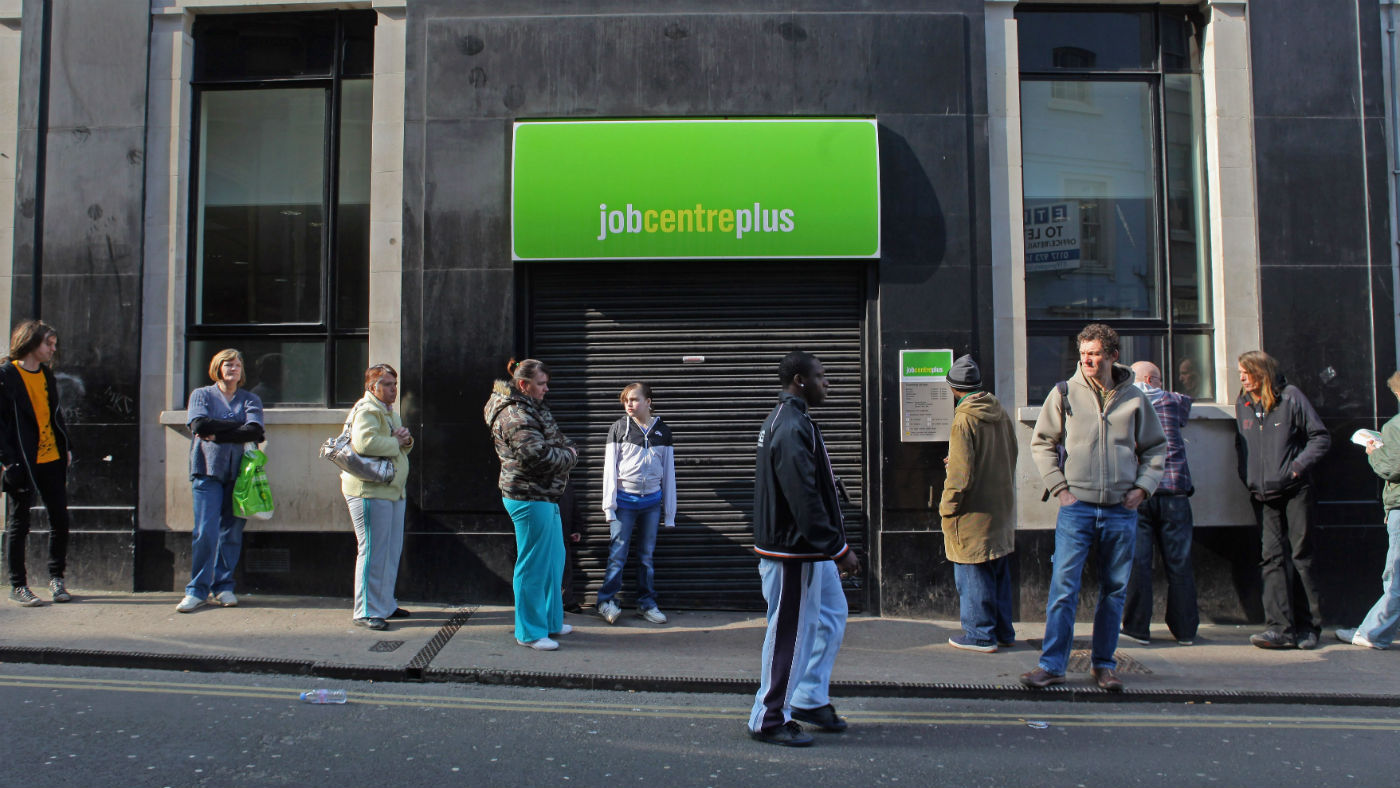One in five now live in poverty in the UK, report finds
400,000 extra children and 300,000 extra pensioners among the poorest compared to 2013

A free daily email with the biggest news stories of the day – and the best features from TheWeek.com
You are now subscribed
Your newsletter sign-up was successful
Around 700,000 extra pensioners and children are living in poverty now compared to 2013, according to a report by the Joseph Rowntree Foundation (JRF).
The social policy charity’s latest study of UK poverty levels paints a picture of growing want at the vulnerable ends of the age spectrum.
Since 2013, an additional 300,000 people aged over 65, and 400,000 aged under 18 have fallen into relative poverty - defined as reliant on an income worth 60% or less than the median.
The Week
Escape your echo chamber. Get the facts behind the news, plus analysis from multiple perspectives.

Sign up for The Week's Free Newsletters
From our morning news briefing to a weekly Good News Newsletter, get the best of The Week delivered directly to your inbox.
From our morning news briefing to a weekly Good News Newsletter, get the best of The Week delivered directly to your inbox.
In the UK, 14 million people - one in five - are now classed as living in relative poverty, a figure which includes 4 million children and 1.9 million pensioners, The Guardian reports.
Rising rent, household debts, higher food and energy bills and inability to contribute to a sufficient pension are leading factors contributing to the upward trend in poverty levels, says the BBC.
Among families with children, changes and cuts to the benefits system have proven particularly destructive, according to the JRF.
The rise in households with children struggling to make ends meet is “largely due to reductions in the support offered by benefits and tax credits,” says the report, with dwindling state support exacerbated by a rising cost of living and stagnant wages.
A free daily email with the biggest news stories of the day – and the best features from TheWeek.com
The JRF report warns that the rise in poverty levels is reversing the gains of past governments in the battle to reduce the number of households in need.
The UK child poverty rate fell to 27% - its lowest level - in 2010/2011, but since 2013 it has started to rise again, reaching 30% in 2015/16.
Living in relative poverty has been shown to have a destabilising effect on domestic relationships, physical health and mental well-being, and increases the risk of social isolation, particularly among the elderly, says the report.
JRF chief executive Campbell Robb said the “worrying” findings of the report “suggest that we are at a turning point in our fight against poverty”.
“Political choices, wage stagnation and economic uncertainty mean that hundreds of thousands more people are now struggling to make ends meet,” he said.
The foundation is calling for the government to “end the freeze on working age benefits, build more affordable housing and equip people with the skills they need to get on at work”.
-
 What are the best investments for beginners?
What are the best investments for beginners?The Explainer Stocks and ETFs and bonds, oh my
-
 What to know before filing your own taxes for the first time
What to know before filing your own taxes for the first timethe explainer Tackle this financial milestone with confidence
-
 The biggest box office flops of the 21st century
The biggest box office flops of the 21st centuryin depth Unnecessary remakes and turgid, expensive CGI-fests highlight this list of these most notorious box-office losers
-
 Is $140,000 the real poverty line?
Is $140,000 the real poverty line?Feature Financial hardship is wearing Americans down, and the break-even point for many families keeps rising
-
 Will Keir Starmer scrap the two-child benefit cap?
Will Keir Starmer scrap the two-child benefit cap?Today's Big Question PM signals 'change in tone' as Labour rebels prepare to back amendment calling for immediate end to controversial 'social cleansing' policy
-
 Withdrawing benefits: 'war on work shy' or 'matter of fairness'?
Withdrawing benefits: 'war on work shy' or 'matter of fairness'?Talking Point Jeremy Hunt to boost minimum wage while cracking down on claimants who refuse to look for work
-
 Is it time for Britons to accept they are poorer?
Is it time for Britons to accept they are poorer?Today's Big Question Remark from Bank of England’s Huw Pill condemned as ‘tin-eared’
-
 How the government-backed interest-free loans work
How the government-backed interest-free loans workfeature Expanding scheme offers up to £2,000 for those in financial need
-
 Benefits vs. costs: is Universal Credit fit for purpose?
Benefits vs. costs: is Universal Credit fit for purpose?feature Claimants of legacy benefits will be moved over to universal credit
-
 Councils use algorithms to decide welfare claims
Councils use algorithms to decide welfare claimsSpeed Read Fears that technology is leaving vulnerable people at whim of unreliable automated systems
-
 Why is in-work poverty on the rise?
Why is in-work poverty on the rise?Speed Read New research suggests higher rents and slower wage growth is pushing more working families into relative poverty